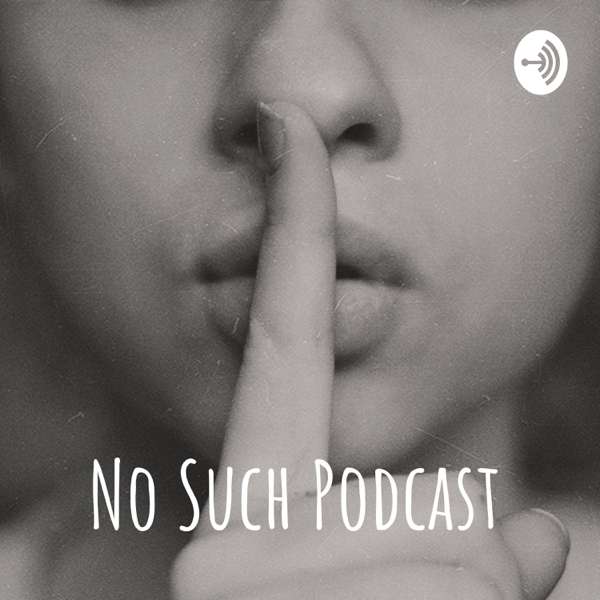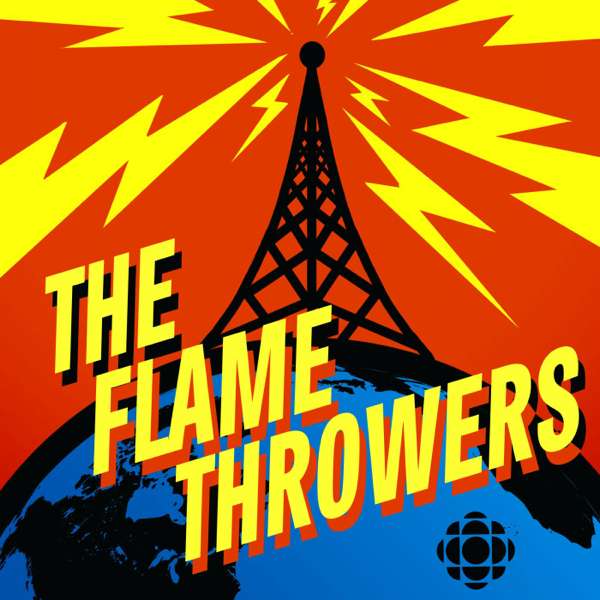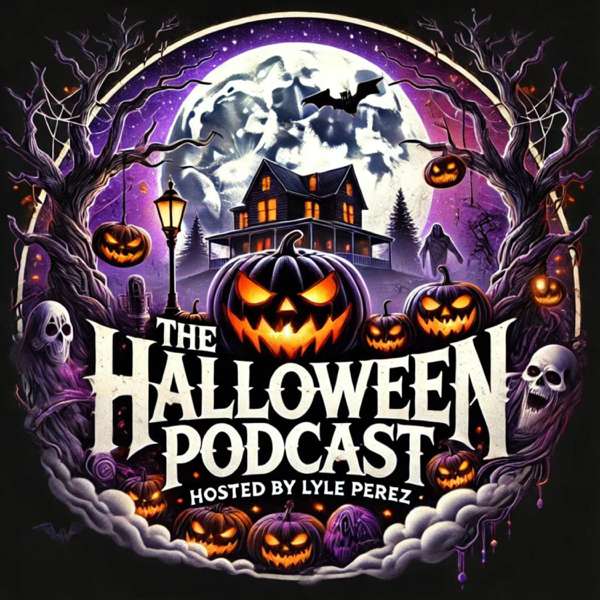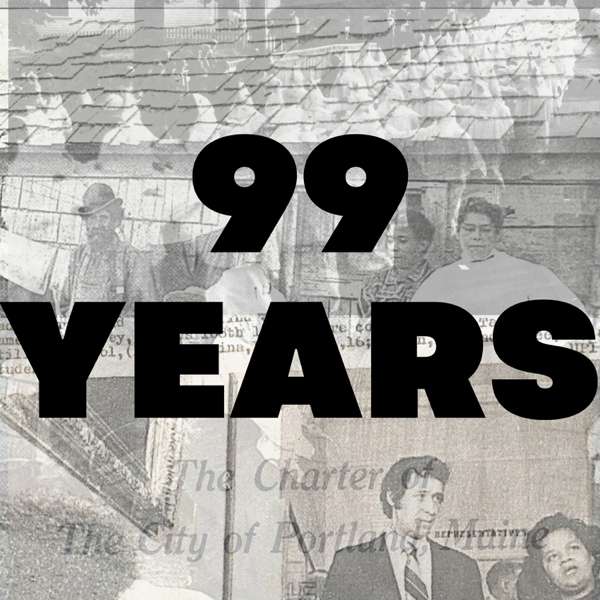SO2-E06 U.S. Supreme Court case affected religious practice and speech in public schools. It was the Good News Club versus Milford Central School case from 2001. We will hear the voice of Justice Clarence Thomas as he delivers the opinion for the U.S. Supreme Court justices.
Under New York law, Milford Central School policy authorizes district residents to use its building after school for certain activities. Two parents were district residents who were eligible to use the school's facilities. They sought approval of their proposed use and sponsorship of the Good News Club, a private Christian organization for children. The parents submitted a request to hold the Club's weekly afterschool meetings at the school. Milford denied the request reasoning that the proposed use, including singing songs, hearing Bible lessons, memorizing scripture, and praying, was the equivalent of religious worship prohibited by the community use policy. The Club filed suit alleging that the denial violated its free speech rights under the First and Fourteenth Amendments. Ultimately, the District Court granted Milford summary judgment to not grant permission. The parents then appealed the decision. After hearing the case, the Court of Appeals agreed with the District Court that because the subject matter of the Club's was "quintessentially religious", and the activities "fall outside the bounds of pure 'moral and character development,'" According to them, Milford's policy of excluding the Club's meetings was constitutional subject discrimination, not unconstitutional viewpoint discrimination.
The parents appealed the decision to the Supreme Court of the United States. The question for the court was, "Did Milford Central School violate the First Amendment free speech rights of the Good News Club when it excluded the Club from meeting after hours at the school? If a violation occurred, was it justified by Milford's concern that permitting the Club's activities would violate the Establishment Clause?" The court reversed the previous court decisions by ruling six justices to three in favor of the parents and the Good News Club.
This podcast contains an oral summary of the SCOTUS decision by Justice Thomas who spoke on behalf of the majority of the justices. This is one about three minutes. Accompanying this audio podcast are three other items. First, an audio of the argument delivered by the attorneys representing the parents. This is about over sixty minutes in length. In addition to the voice of the attorney representing the Good News Club, you will also hear various Supreme Court justices asking questions. It is quite an interactive event with the justices often interrupting the attorney. Second item included is a formal document that contains information about the case, the formal written opinion by the majority of the justices, and comments by individual justices. Some of them join with the majority, some oppose the decision, and others support in part and oppose in other. The final document included is a two-page handout on how to read a Supreme Court decision.
This podcast is part of the LifePodcast Network which is a group of family-friendly podcasts bringing a positive message of hope and inspiration. Check out the LifePodcast Network at http://LifePodcast.net
Audio recordings for this podcast come from a variety of sources. This one comes from the Oyez SCOTUS database of audio recordings and written documents. Checkout the website https://www.oyez.org Oyez (pronounced oh-yay), a free law project from Cornell's Legal Information Institute (LII), Chicago-Kent College of Law and Justia.com, is a multimedia archive devoted to making the Supreme Court of the United States accessible to everyone. It is a complete and authoritative source for all of the Court's audio since the installation of a recording system in October 1955. Oyez offers transcript-synchronized and searchable audio, plain-English case summaries, illustrated decision information, and full text Supreme Court opinions. Oyez also provides detailed information on every justice throughout the Court's history.
This podcast is available through the following podcast directories and apps: iTunes, Libsyn, Google Play Music, TuneIn, Stitcher, PlayerFM, Overcast, Pocket Casts, iCatcher, iHeartRadio, RSSRadio, and Castamatic. It is available through the following websites: http://Arendale.org, http://historicvoices.org, and Historic Voices Facebook page.
Please post comments to the individual episodes at http://historicvoices.org, podcast review and rating section within iTunes and other apps, or email to me. Thanks for listening, David Arendale, arendale@umn.edu

 Our TOPPODCAST Picks
Our TOPPODCAST Picks  Stay Connected
Stay Connected







